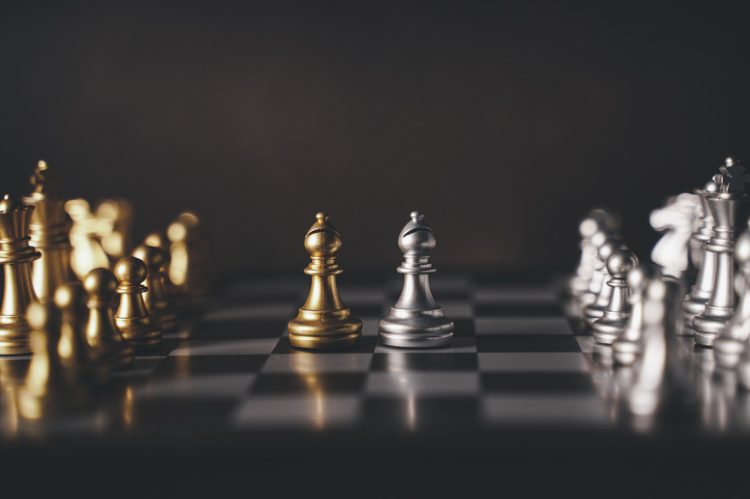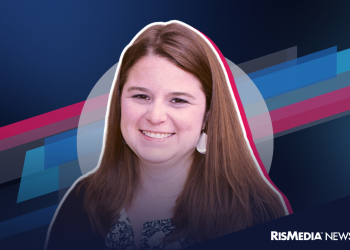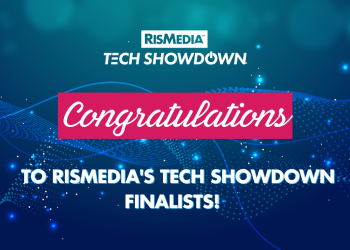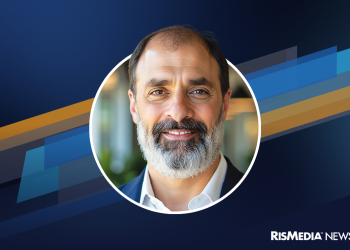On Monday, I also had the opportunity to attend the Giants-Dodgers game with my friends Kevin Barrett, Kraig Constantino and Jordan Mott, celebrating an amazing baseball rivalry. On the drive to the game, I just had to call Chris Sears, vice president of partnerships at HomeServices, my good friend and New York Yankees fan. Going to a Giants-Dodgers game is the equivalent of Chris going to a Yankees-Red Sox game—the rivalries are just that long-standing and intense.
Rivalries are sometimes seen as a bad thing, but really a rivalry is one of the most invigorating components of competition and one of the most motivating factors in a leader’s gametime decision-making process. What would technology be without the famous rivalry between Bill Gates and Steve Jobs? Or how would the history of basketball be changed without the games played between “Magic” Johnson and Larry Bird? Would heavyweight championship boxing be the same without the epic trilogy of fights pitting Joe Frazier against Muhammad Ali?
If psychological scientist Gavin J. Kilduff from New York University’s Stern School of Business has anything to say about it; these historic matchups probably wouldn’t exist without the world-class rivalries that defined them. Kilduff’s pivotal research supports the idea that rivalries generate higher levels of performance among players. A rivalry also makes players take more risks. Studying the fourth downs of 2,000 NFL games played between 2002 and 2010, Kilduff and his colleagues found that a player was more likely to go for it on the fourth down or go for a two-point conversion when they were playing a rival team. Why? Because a strong rivalry shifts things into high gear—winning (however it’s defined for you) means more than it ever did before.
The same can be said about the San Francisco Giants-Los Angeles Dodgers rivalry, which dates back to the 1889 World Series when the Brooklyn Bridegrooms (later known as the Dodgers) played the New York Giants—the only two professional baseball teams in New York City.
One iconic moment of this cross-town rivalry was “The Shot Heard Round the World” (listen to it in the voice of Russ Hodges here), which happened on October 3, 1951 at the Polo Grounds in New York City during the decisive third game in a three-game pennant playoff series. New York Giants outfielder and third baseman Bobby Thomson stepped up to the plate in the ninth inning, his team trailing 4-2 with two players on base. And what happened next? He hit a game-winning home run off Brooklyn Dodgers pitcher Ralph Branca and the Giants won the National League pennant.
The rivalry between the two teams became so strong that in 1957, when the Giants and Dodgers were facing difficulties and exploring options to move, National League owners approved a relocation to California—if both teams moved together.
As a young boy, I had my first opportunity to witness the Giants-Dodgers rivalry in action at Candlestick Park on August 22, 1965, sitting with my dad among the at-capacity crowd of 42,807 fans. The infamous Marichal-Roseboro “bat incident” occurred that day. It was the third inning and Giants pitcher Juan Marichal had stepped up to the plate. After the second pitch, Marichal hit Dodgers catcher John Roseboro with his bat after the catcher returned a low ball to Dodgers pitcher Sandy Koufax by throwing it close to Marichal’s head.
What I took away from the 14-minute brawl that followed wasn’t the chaos on the field or the anger between the players but the heroism of my idol Willie Mays who immediately rushed from the dugout to be the peacemaker among the rival teams.
Later describing the incident, the Boston American Herald reported: “Except for the majestic presence of Willie Mays, several players could have been maimed. Willie was out of the dugout in a flash to help disarm Marichal…this could be the year Mays wins the MVP award and Nobel Peace Prize, too.”
I saw Mays dart in and out of the players, pulling them apart, and removing a bat from the hands of Giants’ on-deck hitter, Tito Fuentes, while calming both teams down. His peacemaking efforts were so powerful that when the Giants traveled to L.A. to play the Dodgers again—just 15 days after the incident ESPN called “arguably the ugliest moment in MLB history”—the San Francisco players were all booed by the crowd, except for Mays, who received a standing ovation. Back in 1965, the only Giants’ games that were televised were the games against their rival Dodgers, so I was able to see my hero Willie Mays get his standing ovation from the Dodgers fans.
So, what’s the message? Roseboro and Marichal famously patched up their differences while reconnecting years later at an old-timers’ game. Roseboro then visited Marichal in his native country of the Dominican Republic and even lobbied for Marichal to be elected into the National Baseball Hall of Fame. When Roseboro passed away in 2002, Marichal was a pallbearer at his funeral, proving that at the heart of the very best rivalry is nothing but love.
This article is adapted from Blefari’s weekly, company-wide “Thoughts on Leadership” column from HomeServices of America.












